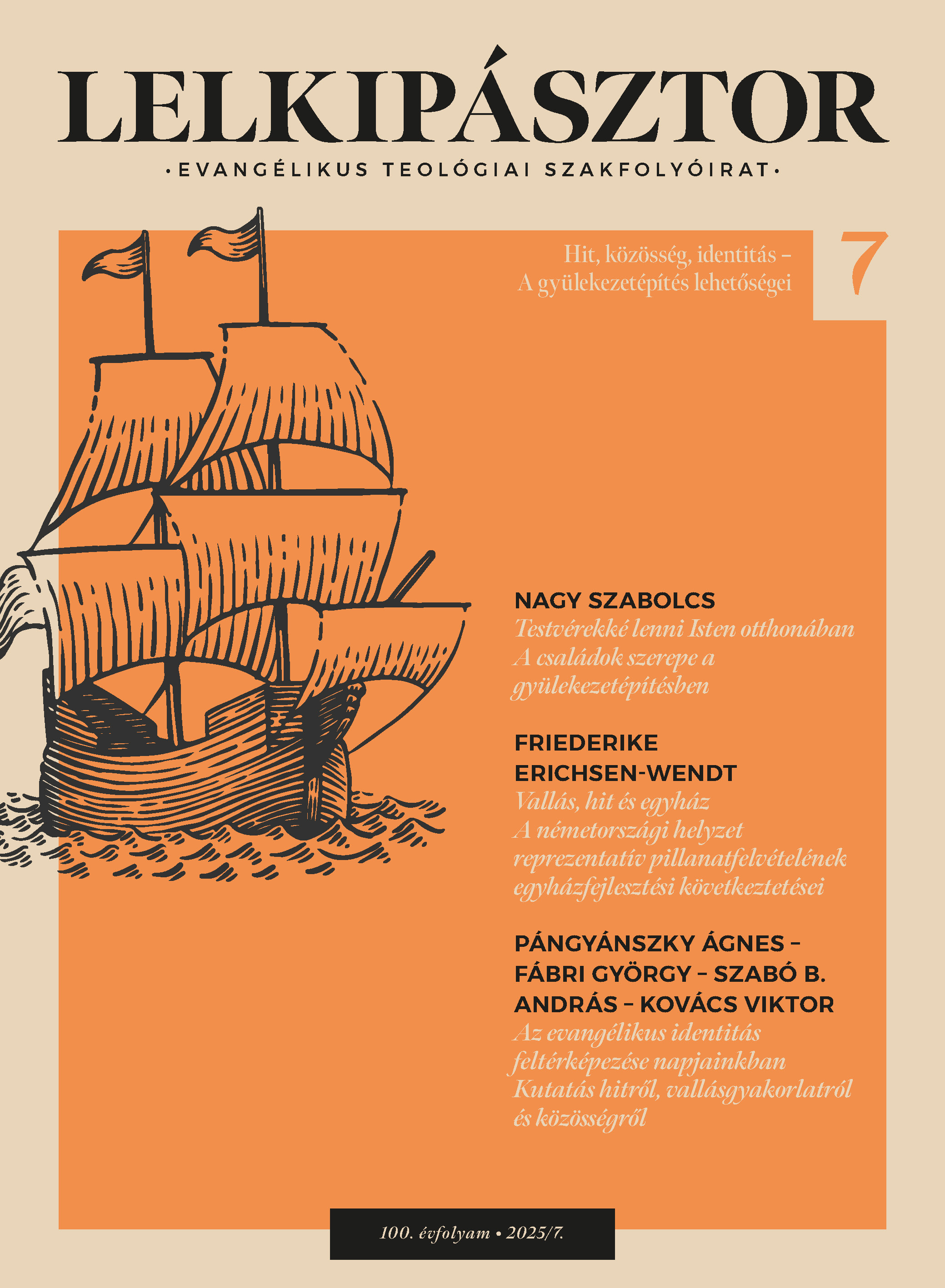Religion, Faith and Church
Conclusions of a Representative Snapshot of the Situation in Germany
Abstract
The study presents the findings of the Sixth Church Membership Survey (KMU6) conducted by the Protestant Churches in Germany (EKD) in 2022. The representative research examined contemporary patterns of religiosity and institutional affiliation. The results reveal a significant decline in religious commitment, a decoupling of church membership from expectations toward the institution, and a growing mistrust in churches. Through an inductive approach, the study identified new types of religious and secular orientations, offering deeper insights into Germany’s religious landscape. The implications of these findings are discussed in light of church development, civic engagement, and the future of institutional religion.
References
Kretzschmar, Gerald 2001. Distanzierte Kirchlichkeit. Eine Analyse ihrer Wahrnehmung. Neukirchener Verlag, Neukirchen-Vluyn. 46–58.
Stolz, Jürgen et al. 2014. Religion und Spiritualität in der Ich-Gesellschaft. Vier Gestalten des (Un-)Glaubens. Theologischer Verlag, Zürich.
Voas, David 2009. The Rise and Fall of Fuzzy Fidelity in Europe. European Sociological Review, 25. évf. 2. sz. 155–168. o. https://doi.org/10.1093/esr/jcn044

This work is licensed under a Creative Commons Attribution-NonCommercial-NoDerivatives 4.0 International License.




